The following measures may be available on a case-by-case basis upon request:
- Changing a nonimmigrant status or extending a nonimmigrant stay for an individual currently in the United States. Failure to apply for the extension or change before expiration of your authorized period of admission may be excused if the delay was due to extraordinary circumstances beyond your control;
- Re-parole of individuals previously granted parole by USCIS;
- Expedited processing of advance parole requests;
- Expedited adjudication of requests for off-campus employment authorization for F-1 students experiencing severe economic hardship;
- Expedited adjudication of employment authorization applications, where appropriate;
- Consideration of fee waivers due to an inability to pay;
- Assistance for those who received a Request for Evidence or a Notice of Intent to Deny but were unable to submit evidence or otherwise respond in a timely manner;
- Assistance if you were unable to appear for a scheduled interview with USCIS;
- Expedited replacement of lost or damaged immigration or travel documents issued by USCIS, such as a Permanent Resident Card (Green Card); and
- Rescheduling a biometrics appointment.
To learn how to request these measures or determine if an office is open, call the National Customer Service Center at 800-375-5283.
If you require assistance, please don't hesitate to contact our office at email.
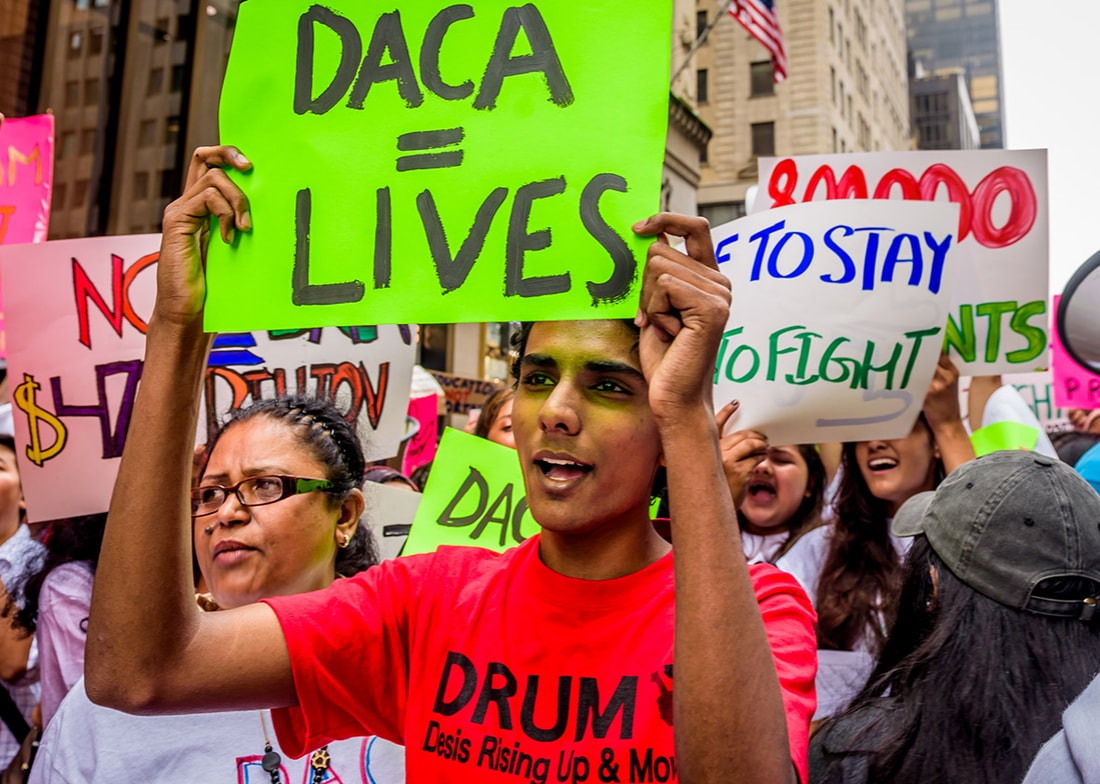
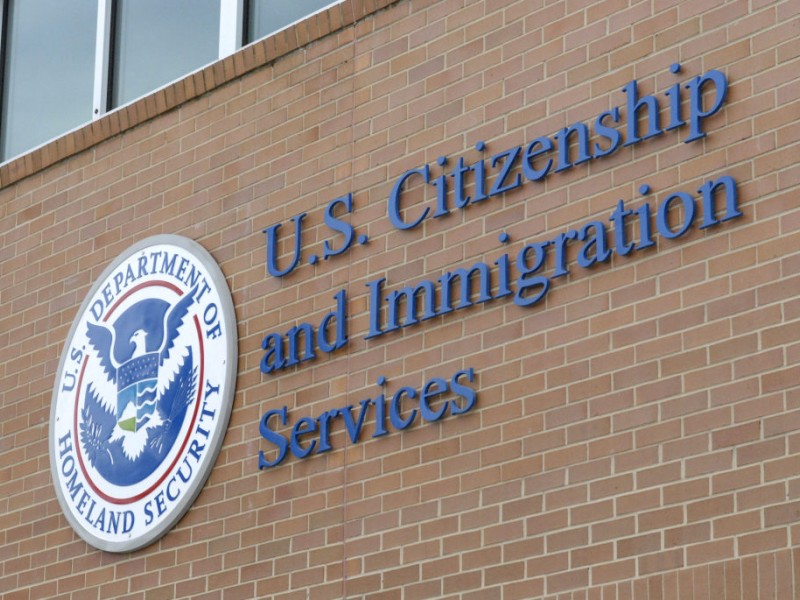
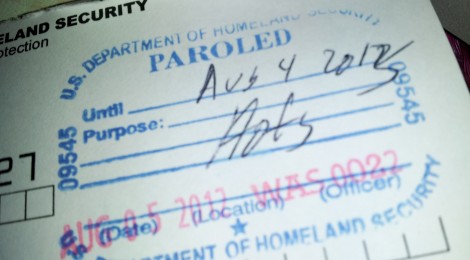

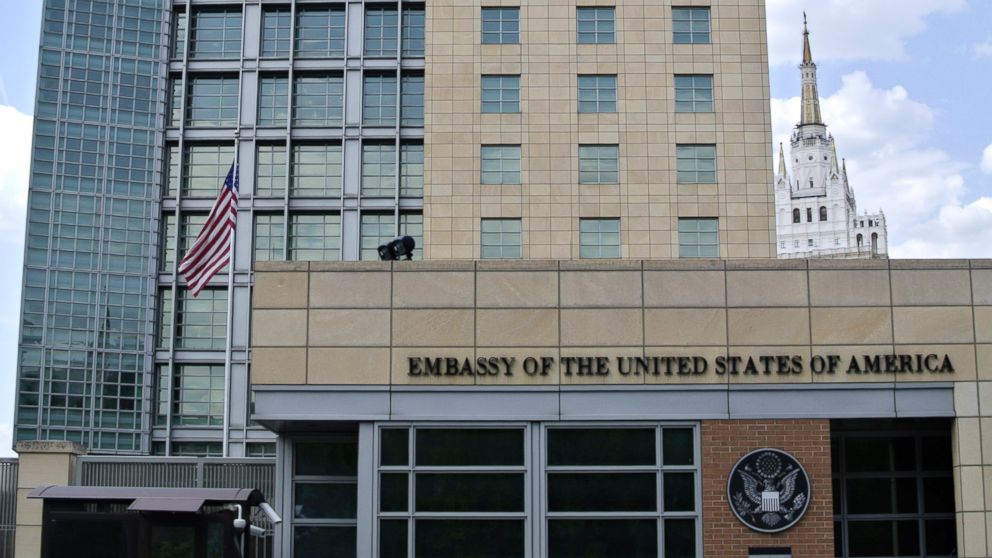

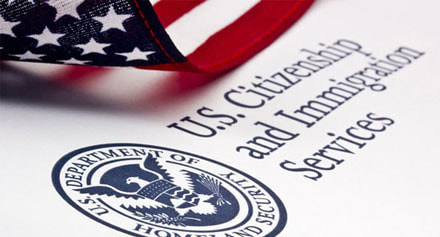
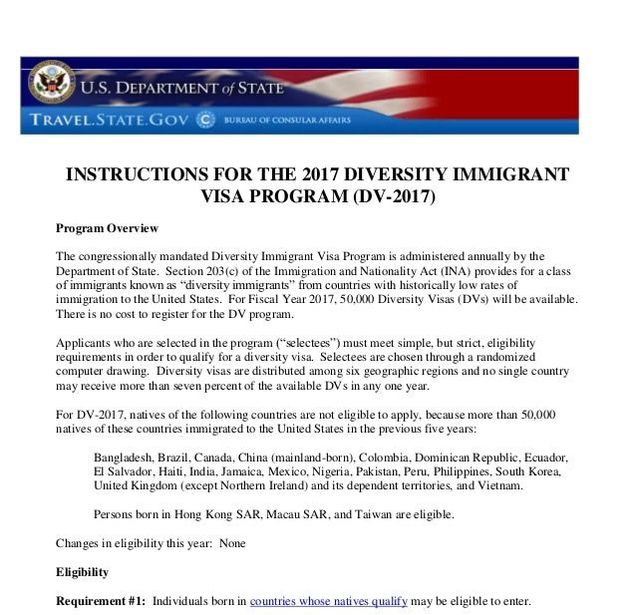


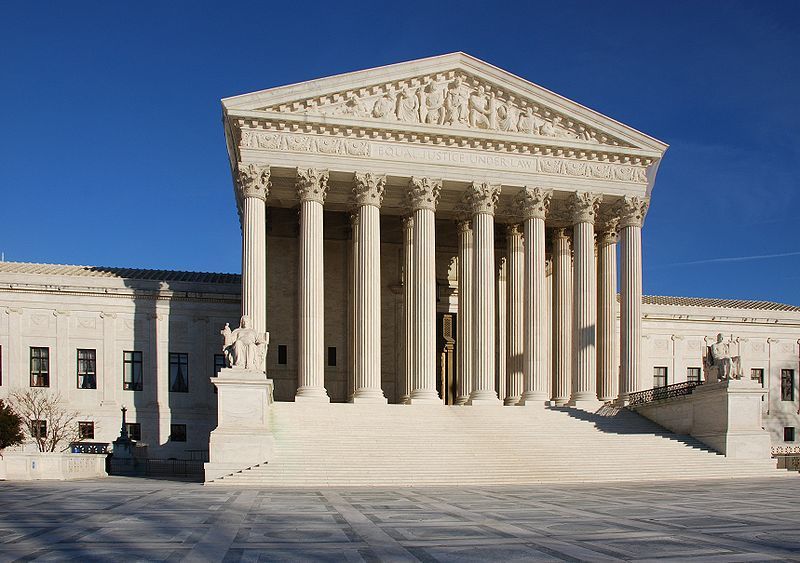

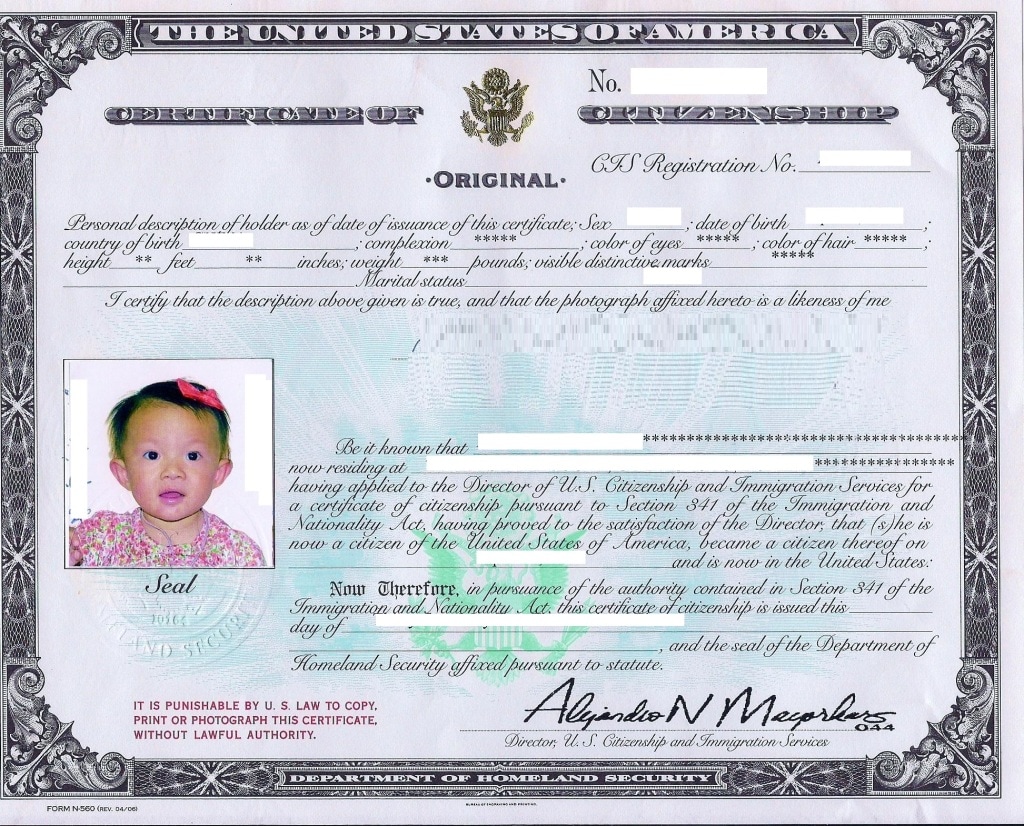
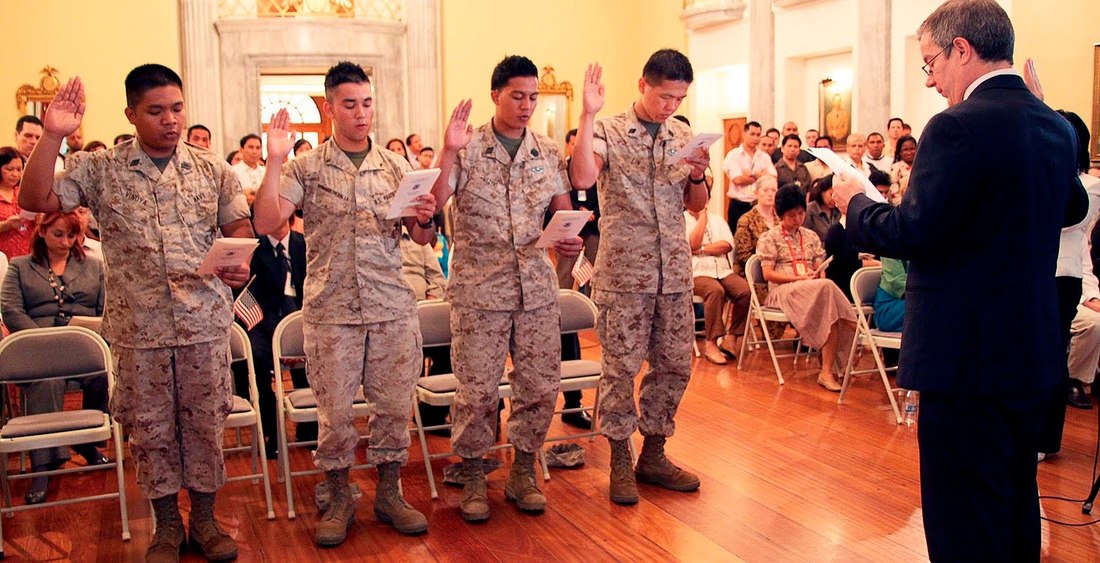

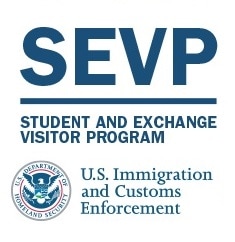



 RSS Feed
RSS Feed